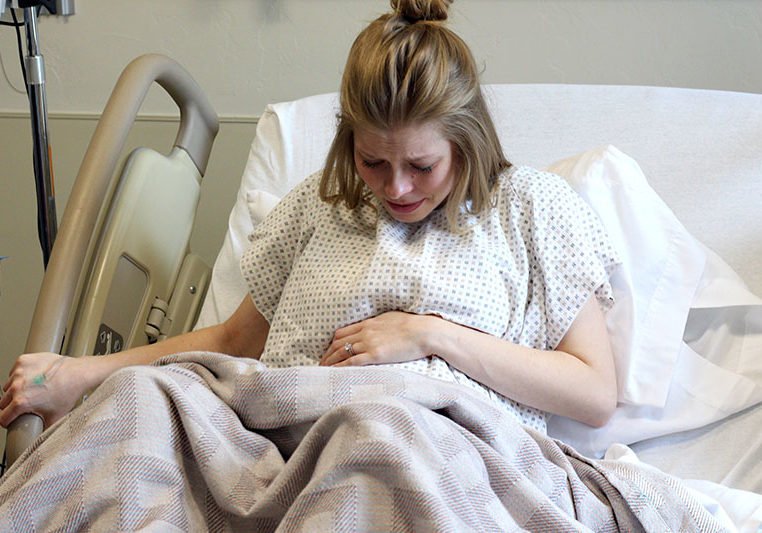
New Hospital Rules Seek to Reduce Disturbingly High U.S. Maternal Death Rates
BY: Richard L. Groffsky | IN: Birth Injury
American mothers face unacceptably high rates of complications and death during and after labor and delivery.
For anyone who still believes that healthcare in the U.S. is the best in the world, the nation’s ranking of 65th among industrialized nations for maternal mortality is shocking. As we wrote about earlier this year, American mothers face unacceptably high rates of complications and death during and after labor and delivery, with one recent report revealing that about one in every eight American hospitals had a rate of potentially fatal deliveries that were at least twice as high as the average of 1.5 percent.
Thirteen New Treatment Standards
In response to this crisis in maternal care, the nation’s largest hospital accreditation organization, the Joint Commission, recently released a new set of safety standards for hospitals designed to reduce some of the most common causes of maternal death.
Specifically, the 13 new requirements address the prevention and treatment of postpartum hemorrhage, severe hypertension, and preeclampsia. Failure to treat preeclampsia can lead to kidney, liver, or brain damage and leave the mother vulnerable to eclampsia, which can cause seizures, coma, and death.
Hospitals that wish to retain their accreditation status need to adopt the new requirements by July 2020. The steps hospitals need to take and protocols they need to have in place include:
- Developing written evidence-based procedures to identify and treat the aforementioned conditions.
- Stocking easily-accessed hemorrhage supply kits.
- Providing role-specific education at least every two years to all staff and providers who treat pregnant/postpartum patients.
- Conducting response procedure drills at least annually.
- Establishing procedures for how staff should measure severely elevated blood pressure and when mothers should be transferred to another, more specialized facility.
- Educating patients on signs and symptoms that warrant care during hospitalization and after discharge.
Failure to Properly Identify and Treat Preeclampsia Can Constitute Medical Malpractice
Hopefully, these new standards will save the lives of mothers who would otherwise be at risk due to these complications. But while certain events and conditions during labor and delivery may be unavoidable, mistakes in the identification and treatment of these issues can and should be avoided.
There are several warning signs of preeclampsia, so the condition should be detected as long as hospital staff regularly monitor and test the mother’s blood pressure throughout her pregnancy. Along with other commonly performed diagnostics such as urinalysis, blood tests, and ultrasounds, regular blood pressure monitoring should alert physicians of the risk of preeclampsia and lead them to begin a course of treatment to minimize the dangers to both mother and child.
Speak With a Michigan Labor and Delivery Malpractice Lawyer Today
There are many other reasons a mother may suffer injury or die during labor and delivery. Some arise from medical errors, while others occur because doctors and delivery room personnel fail to follow the appropriate standards of care and fail to timely identify and properly address an existing problem.
When new mothers needlessly suffer or pass away because doctors and other health care professionals negligently fail to follow the proper standards of care, the medical malpractice attorneys at Sommers Schwartz stand ready to hold them accountable.
We work closely with mothers and their families to obtain the maximum amount of compensation available for injuries and losses caused by all forms of medical negligence, including labor and delivery errors. Our seasoned team of lawyers, nurses, and experts will investigate your claim and determine the course of action to obtain the best possible outcome.
Please contact Sommers Schwartz today for a free consultation to review your case.
Richard L. Groffsky
Richard Groffsky focuses his practice on medical malpractice and personal injury litigation, and has represented victims of devastating brain injuries and birth injuries in Michigan, Ohio, Illinois, Indiana, South Carolina, and Georgia in significant brain injury and birth injury cases.





